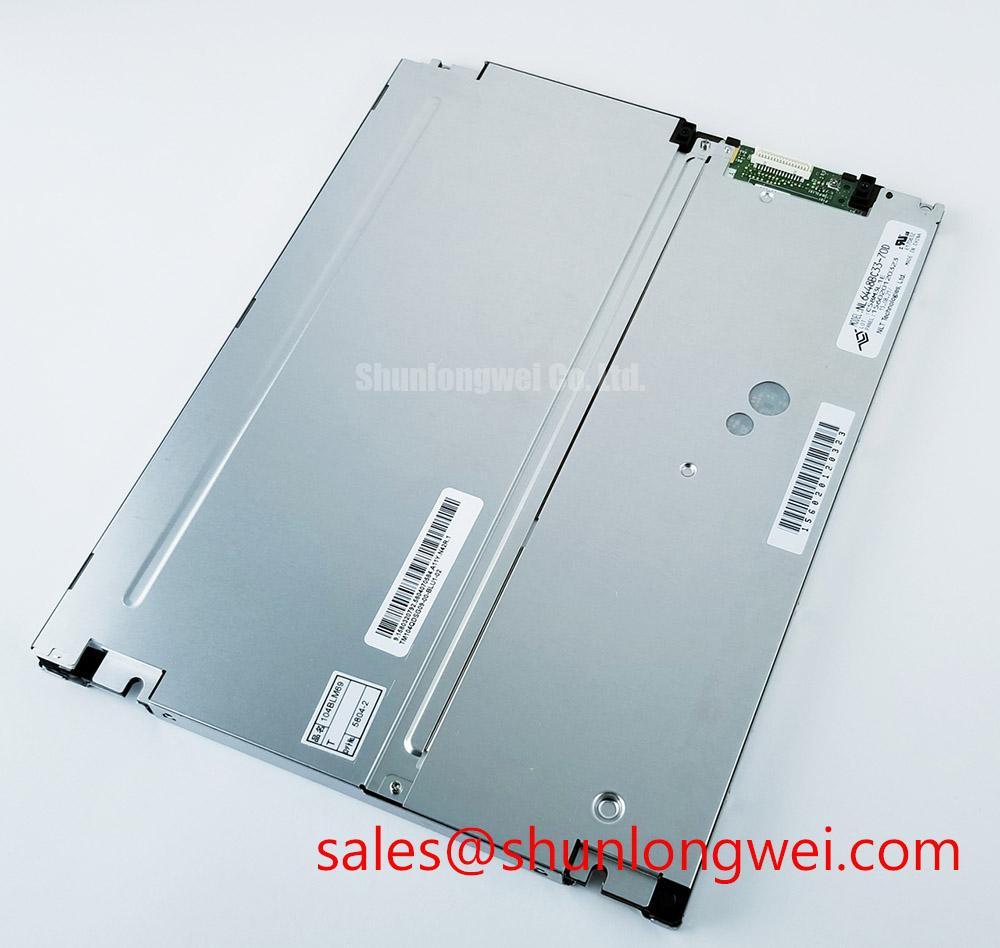When selecting a display panel for your application, understanding the differences between similar models can be crucial. Here, we compare two closely related display panels: the NL6448BC33-70C and the NL6448BC33-70. Both are high-quality displays from NEC/Timma Electronic, but they have distinct features and specifications to fit different application.

Technical Specifications Comparison
| Feature | NL6448BC33-70C | NL6448BC33-70 |
|---|---|---|
| Display Size | 10.4 inches | 10.4 inches |
| Resolution | 640 x 480 pixels | 640 x 480 pixels |
| Aspect Ratio | 4:3 | 4:3 |
| Brightness | 450 cd/m² | 400 cd/m² |
| Contrast Ratio | 800:1 | 600:1 |
| Viewing Angle | 160° horizontal / 160° vertical | 160° horizontal / 140° vertical |
| Response Time | 25 ms | 30 ms |
| Backlight | LED | LED |
| Power Consumption | 8W | 7.5W |
| Operating Temperature | -20°C to 70°C | -10°C to 60°C |
| Interface | LVDS (Low-Voltage Differential Signaling) | LVDS (Low-Voltage Differential Signaling) |
| Dimensions | 243 mm x 185 mm x 11 mm | 243 mm x 185 mm x 11 mm |
| Weight | 600g | 600g |
Key Differences and Recommendations
1. Brightness and Contrast Ratio:
- NL6448BC33-70C: Offers higher brightness (450 cd/m²) and a superior contrast ratio (800:1). This makes it more suitable for environments with variable lighting conditions, ensuring better visibility and sharper image quality.
- NL6448BC33-70: While it has a lower brightness (400 cd/m²) and contrast ratio (600:1), it is still effective in controlled lighting environments. This model is suitable for applications where extreme brightness is not a primary concern.
2. Viewing Angle:
- NL6448BC33-70C: Provides a wider vertical viewing angle (160° vertical), making it ideal for applications where the display may be viewed from various positions without compromising on image quality.
- NL6448BC33-70: Has a slightly narrower vertical viewing angle (140° vertical), which may be sufficient for applications where the display is typically viewed from a more consistent position.
3. Response Time:
- NL6448BC33-70C: Faster response time (25 ms) is beneficial for applications involving dynamic content, reducing motion blur and improving the clarity of moving images.
- NL6448BC33-70: With a response time of 30 ms, this display is suitable for static or less dynamic content where high-speed performance is not critical.
4. Operating Temperature Range:
- NL6448BC33-70C: Broader operating temperature range (-20°C to 70°C) makes it ideal for harsher environments, including outdoor applications and industrial settings with significant temperature variations.
- NL6448BC33-70: Suitable for less extreme environments with an operating range of -10°C to 60°C, which is sufficient for most indoor applications and controlled environments.
5. Power Consumption:
- NL6448BC33-70C: Consumes slightly more power (8W), reflecting its higher performance capabilities.
- NL6448BC33-70: Lower power consumption (7.5W) makes it more energy-efficient, suitable for applications where energy conservation is a priority.
Conclusion
Choosing the Right Display:
- Select the NL6448BC33-70C if you need:
- Higher brightness and contrast for better visibility in varying lighting conditions.
- A wider viewing angle for flexible viewing positions.
- Faster response times for smooth dynamic content.
- Operation in extreme temperature ranges.
- Select the NL6448BC33-70 if you need:
- Adequate brightness and contrast for standard environments.
- A cost-effective solution where extreme brightness and viewing angles are not critical.
- Lower power consumption for energy efficiency.
- Operation within moderate temperature ranges.

